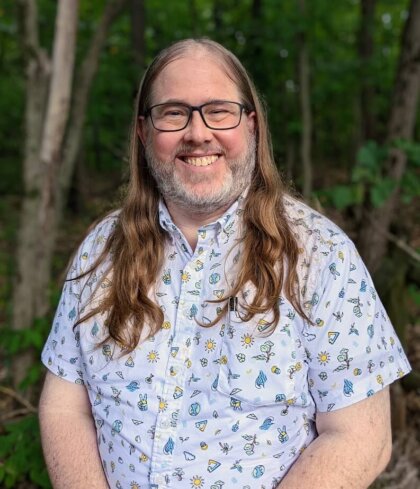What is happening with the new leadership development process at Prairie?
At this Sunday’s congregational meeting, we will continue the process of revising the way we invite, shepherd, and support people into elected leadership at Prairie UU. We will start with a vote to suspend the section of the bylaws that address nominating procedures, so that we can revise them to mirror new, developing processes that are more in line with our commitment to diversity and inclusivity at Prairie.
But why?
- Because COSM felt the need to respond to several concerns from members of the congregation about lack of transparency in nominating.
- Because we cannot live into the wholeness and interconnectedness that are cornerstones of our UU faith without acknowledging the systems of power and oppression in our society that are keeping us separated, and that are denying the inherent worth and dignity of some – many – members of our societies. As the Rev. Sofia Betancourt states in the Widening the Circle of Concern report,
“We are the theological inheritors of teachings on universal salvation. There is no winnowing out of the supposedly unworthy that can be named sacred among us. It is our very Universalism that is at stake when we turn away from the impact that our institutions have on the same communities and groups that society encourages us to dehumanize and make small.”
- Because racism, sexism, cisgenderism, ableism, and other forms of oppression don’t just show up in microaggressions and overt racism, but in our structures and policies. Sometimes the processes we use to govern our communities and the ways in which we implement them contain biases that we haven’t been aware of and work to retain power in the hands of people who already have it, while limiting the participation of those who don’t. This is what is meant by systemic racism.
Those cultural biases that support and reinforce systemic racism are called white supremacy culture. Activists and scholars, including Tema Okun and many others, have worked to identify many characteristics of white supremacy culture that show up in our organizations, institutions, and communities – including congregations. These include:
Perfectionism: emphasis on getting things “right” (defined by whom?) over meeting the needs of all people. Only valuing certain predefined traits, experiences, and outcomes.
Only one right way: assuming the way “we” have always done things is the only way
Worship of the written word: valuing what is written down over people’s lived experience and needs. Inflexibility in policy and procedure.
I want to name that this process will be long and probably a little messy. We’re trying to do something new here, and so there will likely be trials, returns to the drawing board, and revisions. This may produce some anxiety in the system, and I’d like to invite you to lean into that uncertainty as an opportunity to let go of dependence on the certainty of inflexible rules and to strengthen the relationships of this community that feed and sustain us.
May we value people and relationships over rules.
May we value love and justice over schedules.
May we value connection over efficiency. Amen.

